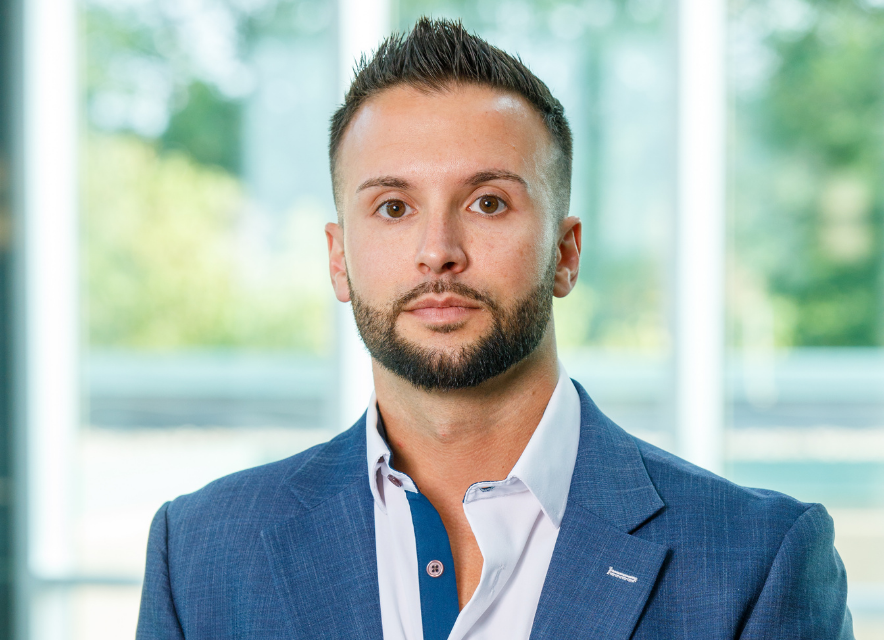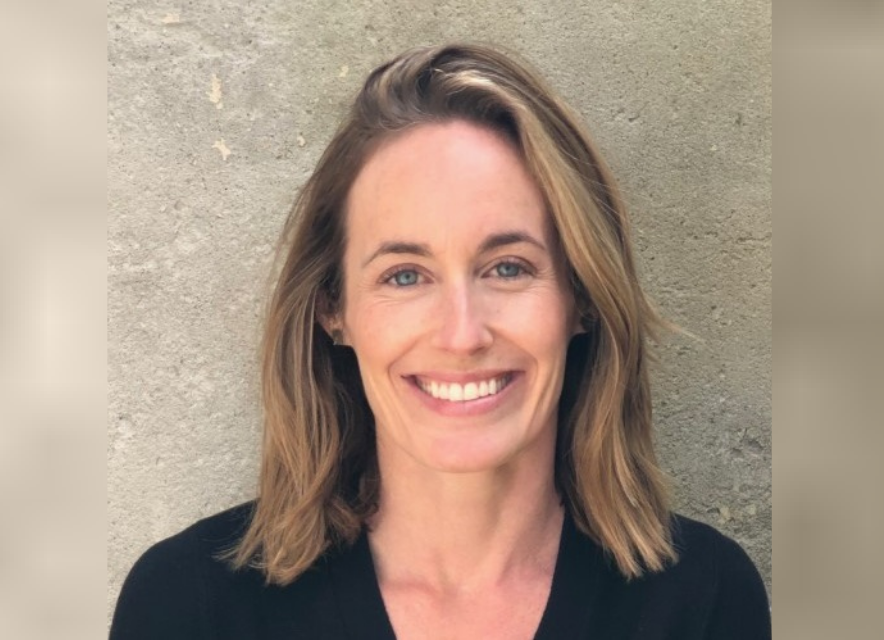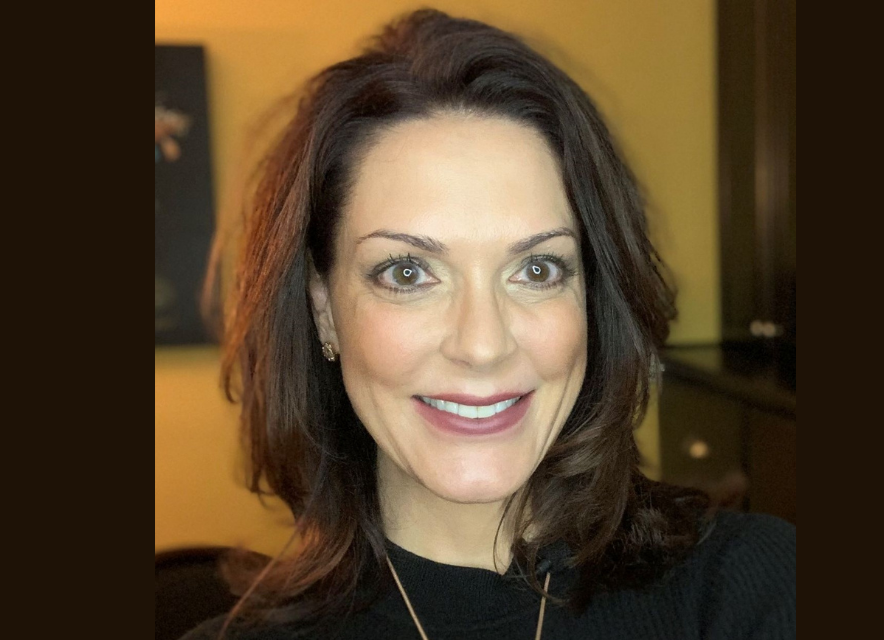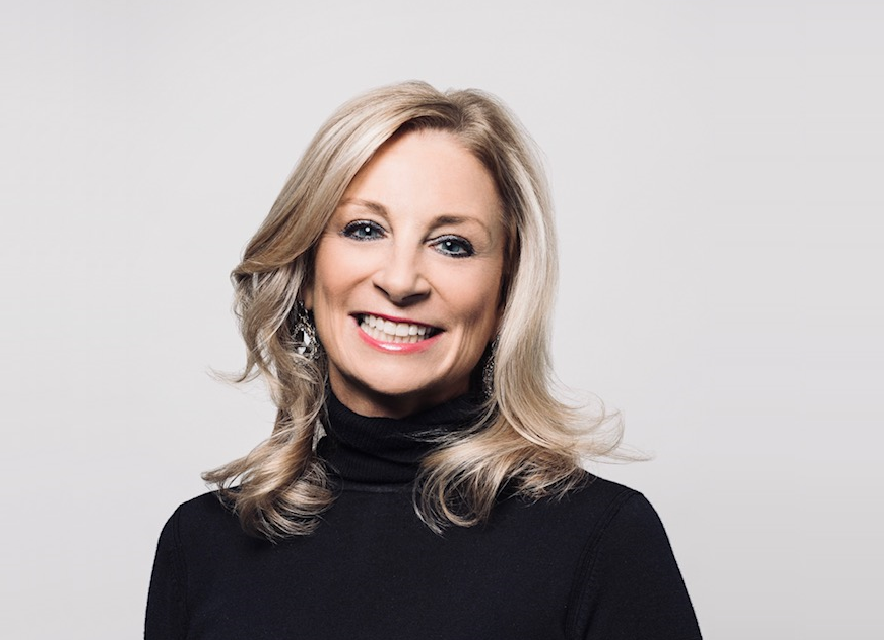Podcast: Play in new window | Download
Subscribe: RSS
David DeCelle is the President of Model FA, a coaching company and agency that helps advisors drive growth and transform the client experience.
Our conversation includes:
- The connection between ‘likability’ and referral growth
- Using video to humanize touchpoints with clients
- The importance of being intentional with the client experience
- How small actions help create a “wow” experience
- How to encourage COIs to provide more referrals
- Using LinkedIn connections to identify and ask for referrals
David is passionate about helping advisors through his work, his writing and his podcast.
Take away quote:
“Some of the best ways to get clients to love us don’t cost us anything. It just costs the time it takes for you to actually care.”
Links:
Website: https://www.modelfa.com/
Twitter: https://twitter.com/DavidDecelle
LinkedIn: https://www.linkedin.com/in/daviddecelle/
Want more?
Stephen Wershing: http://advisorchecklist.com/blog/
Julie Littlechild: http://www.absoluteengagement.com/blog
Episode Transcript:
Read More
Julie Littlechild:
Welcome to Becoming Referable, the podcast that helps you become the kind of advisor people can’t help talking about. I’m Julie Littlechild, and on this week’s show, Steve and I are joined by David DeCelle. David is the president of Model FA, a coaching and consulting company, and marketing agency that helps advisors grow their businesses. Now, in our conversation, David examines some of the most relevant aspects of making yourself referable from confidence to likeability. He shares tactics, very granular tactics that will help you to humanize different touchpoints with clients, and with prospects. And he explores how asking just the right questions and tracking client responses can help you to demonstrate commitment in a very meaningful and tangible way. And from there we discuss the best approaches when asking for referrals, starting by ensuring that a given client is open to providing referrals, and then taking a really interesting look at how you can use your client’s social media connections to get introductions, and when you shouldn’t. And with that, let’s get straight to our conversation with David. Well, I am pleased to welcome David DeCelle today here. Welcome, David.
Stephen Wershing:
Good morning, David.
David DeCelle:
Appreciate you both having me. I think it’s cool seeing reciprocity live. I know right around when this podcast drops is when our podcast with you, Julie, should be dropping as well. So, it’s always fun to collaborate with similar folks in the industry.
Julie Littlechild:
It is. I know. When we had our conversation, there was so much in there that I was like, “Oh yeah, I got to dig into this more when we talk.” So, really excited, but hey, we’ve got a bunch of questions for you, but I thought it might be helpful if you could start with just a quick overview of your business, and how you really help advisors because I know you do.
David DeCelle:
Yeah. Good question. So, at Model FA we are a coaching and consulting company, and we also have a marketing agency as well. So, what I would tell you is we have certain methodologies around advancing relationships, getting folks to that raving fan status. We have referral strategies as well. We do a lot of consulting on advisors, building their brands. We do website work, we do lead generation, all that type of stuff, but what we don’t have, and this is very much intentional is we don’t have like, hey, here’s our 12 month curriculum.
David DeCelle:
So, typically when we start off, and we’re working with someone, we start off with what we call a practice diagnostic call, where our team is just asking a bunch of questions, really getting us an idea of what the advisor’s challenges and opportunities actually are because let’s say hypothetically I’ve helped folks, and our team has helped folks anywhere from getting more referrals to getting right between the ears, to getting back in shape. Because oftentimes if they’re struggling in business, there’s an underlying issue that we need to dig and find out what that is. So, it’s more of like an all encompassing approach as opposed to, hey, put out this content, or ask these questions to be able to get more introductions.
David DeCelle:
It’s really trying to figure out like what’s at the root cause? What’s the root cause of the reason why you’re not where you’re at? And what we found in working with is it allows us to extend the relationship a little bit longer because it’s not like, hey, you’ve gone through our program, best of luck. It’s hey, well, what’s going on now? What’s going on now? What’s going on now? So, that’s a little bit of a brief overview. And of course, as we all been talking about before we click record, we push out a lot of content ourselves on podcasts and blog. And so, at modelfa.com if you’re looking for a taste as to how we help folks, there’s a lot of great content there that if you actually take action after consuming the content, you can certainly benefit from it.
Stephen Wershing:
Well, it is a lot of great content, and I’ve been listening to your podcast. It’s great stuff. And since you bring it up, and since it’s of course the object of our podcast, what do you think are the most important aspects of making yourself referable?
David DeCelle:
That’s a good question. I think if it’s a few different categories, some of which are more kind of up in the clouds that I’ll kind of start with and then get more specific, and of course, feel free to cut me off along the way if I can dive a little bit deeper in anything. I think it first starts with the passion and belief in what it is that you do. If you don’t have confidence in the product or service that you are providing for your client, it’s going to be tough to have the confidence to get introduced to more people, and to ask to be introduced to more people. I think in addition to that-
Stephen Wershing:
Actually, David, since you invited me to interrupt, let’s dig into that a little bit. So, what does confidence sound like versus what kinds of things might advisors project that would betray a lack of confidence?
David DeCelle:
So, again, and I can go in a couple different directions there. I think specific to the business, if an advisor is not going back in sort of case studying out some situations that they’ve worked on with clients, and actually seen mathematically and emotionally the impact that they’re having on that particular person or that particular family, it can be tough to really believe in what it is that you’re doing. So, if you’re just allocating their portfolio, getting some insurance in place, and saying, “All right, see you next year,” but not actually going back and reviewing, “Wow, I changed this person’s life. They came in, they were stressed out. They were unaware of certain planning strategies that they should be taking advantage of.” And now you have to understand like, okay, well where’s their emotional state at currently, and the impact that it had on their plan. Wow, I have a very important role. So I think going back and reviewing and just reminding yourself the impact, I think that’s number one.
David DeCelle:
Number two is more of a confidence in general type of conversation where… So, I put together this list that’s a part of our program. It’s called the C3 list. And essentially what this is, is it’s a way the three Cs are folks need to commit. They need to be consistent in order to ultimately build confidence. And that bodes true in three main areas of your life. Your personal life, your professional life, and what you’re doing to serve others, that portion of your life. And what I found when I was an advisor, and a lot of advisors that I come across. If business is rocking and rolling, but your personal life is a little out of whack you’re going to feel a little off kilter and that’s going to affect your confidence. If your personal life is spot on, but you’re not making any money. Obviously, you’re going to feel a little off kilter. And if you’re doing those things in a great way, but you’re not intentionally trying to serve others and moving their lives forward again, you may feel off kilter.
David DeCelle:
So, essentially what this list does is it has you do two things to move your personal life forward, two things to move your business forward, and then one thing to move others forward every single day. And that could be personally waking up at a certain time, working out, eating clean, reading, something like that, limiting technology around family. Your professional life it could be asking for introductions a certain amount of times, producing a certain amount of content. It could be making a certain amount of outreaches on a daily basis and then moving the lives of others forward. That can be just a simple random act of kindness. It could be calling two people to check in to see how they’re doing.
David DeCelle:
And what I found is when you’re operating on all three of those cylinders and you’re committing to that process, you’re staying consistent to that process. It ultimately breeds confidence to where you couple that innate confidence that you’ve built with the belief in what you do. That then results in confidence to ask for introductions to be able to serve more people. But if one of those things is missing, you’re going to struggle in getting to that place where you have this referable experience, and you’re confident to prompt your clients to send some folks your way.






Leave A Comment